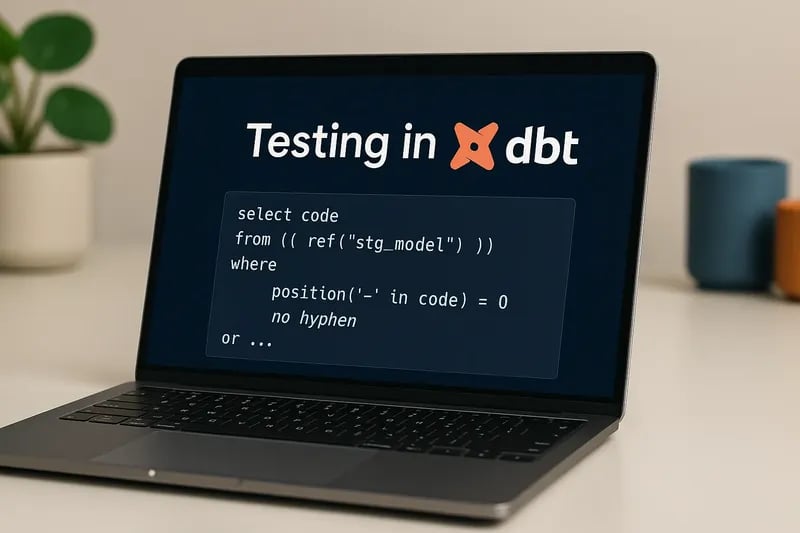
Sunscrapers Team
31 July 2023, 7 min read

From automating customer service functions to support internal communications, ChatGPT is more than a simple chatbot. This dynamic AI tool brings a new level of sophistication to the automated conversation, opening doors to improved efficiency, enhanced customer experiences, and streamlined operations.


